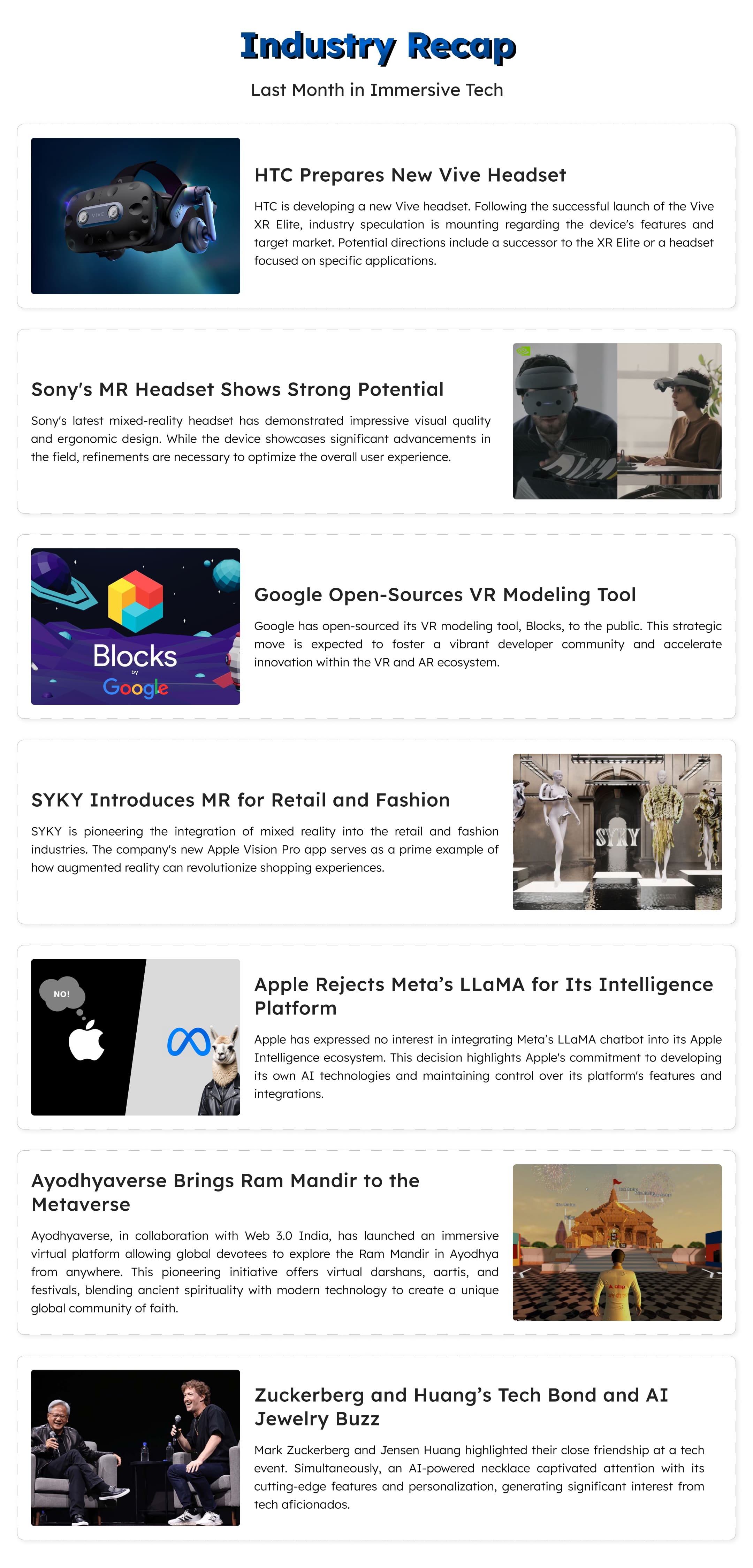Mark Zuckerberg’s ‘Open’ AI, A New Shift in the AI Race.
In a time when the AI landscape is increasingly dominated by closed systems, Mark Zuckerberg is making headlines with his bold ambitions for an actual open model: Llama 3.1.
After expressing his deep frustration over Open AI's (and other Gen AIs') decision to keep its models locked away. Zuck is determined to start a new era of transparency in artificial intelligence.
Why are platforms going for a closed model in the first place? Is it greed? Well, Open AI soon realized that Open Source wouldn't help them make money for their ambitious AGI plan, so they monetized all the good bits of the platform.
Zuckerberg’s vision for Llama 3.1 is straightforward: create an accessible model that empowers developers and fosters innovation without the barriers imposed by proprietary systems. This isn't just about being open; it’s about redefining the rules of engagement in the AI era. His ambitious and more advanced model, Llama 4 (aims to position as the “most advanced” model in the industry when it comes out sometime in 2025), would require at least 10 times more computing than the previous generations. Hence, more leather jackets for Jensen.
With Zuckerberg’s high-profile meeting with Jensen Huang, the timing couldn't be more critical. NVIDIA’s cutting-edge capabilities in AI hardware and software position them as a key player in this evolving landscape. A partnership between these two tech titans could be the catalyst that drives a significant shift in the AI race. Imagine a world where AI models are open-source, facilitating collaboration and rapid development—that’s Zuckerberg’s vision for the future.

But let's not kid ourselves; the road ahead for AI is fraught with challenges. Meta isn't another startup trying to make its mark. The company has been around for years, and this year made headlines with impressive results: Meta Quest has sold more than expected, and Meta recently reported a 22% increase in revenue compared to last year. So, raising more funds just to add AI to the portfolio is not their game right now. This surge highlights a strategic pivot towards AI.
Zuckerberg's ambition goes beyond merely advancing AI technology. He has projected that Meta's AI initiatives will significantly impact the tech landscape with a widely adopted AI assistant on smartphones and proprietary applications. According to this vision, Meta's chatbot is expected to gain substantial traction, particularly in India, where it will become one of the most widely used AI tool.
However, breaking through the dominance of closed models will demand more than just technological innovation. It will require a paradigm shift in how the tech industry operates and collaborates. With Zuckerberg's strategic focus and Meta's evolving role in AI, the path ahead is set to redefine the boundaries of what's possible in the tech world. His determination to push for an open model signals a willingness to disrupt the status quo, and that’s something we should all pay attention to.
As he navigates these waters, Zuckerberg’s commitment to openness is a refreshing change in a landscape often characterized by competition and secrecy. The potential for Llama 3.1 to inspire a new movement of AI development is immense, and it’s clear that Zuckerberg isn’t just dreaming about the future—he’s taking actionable steps to make it a reality.











